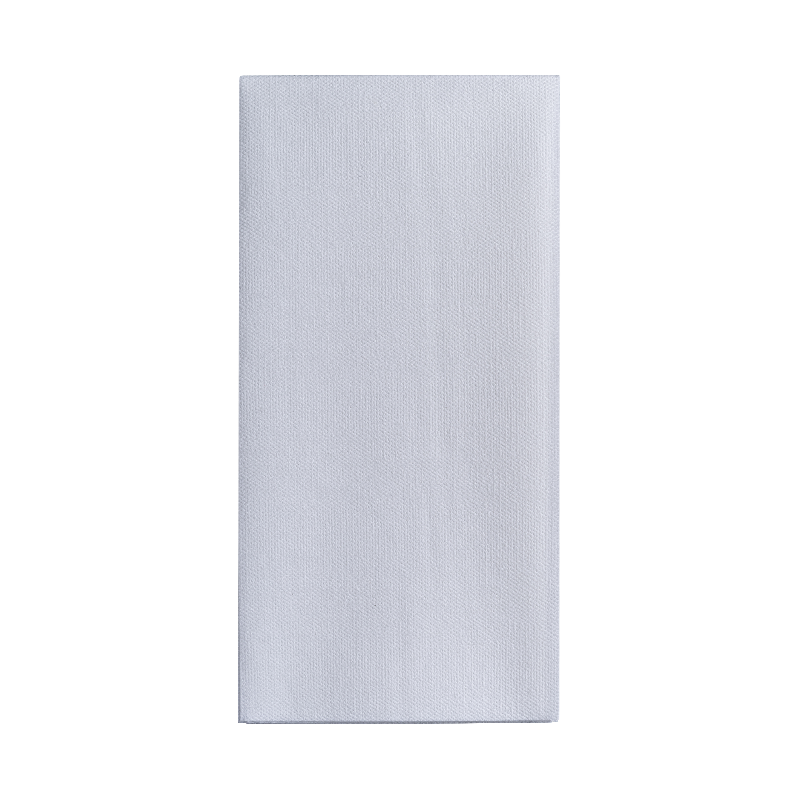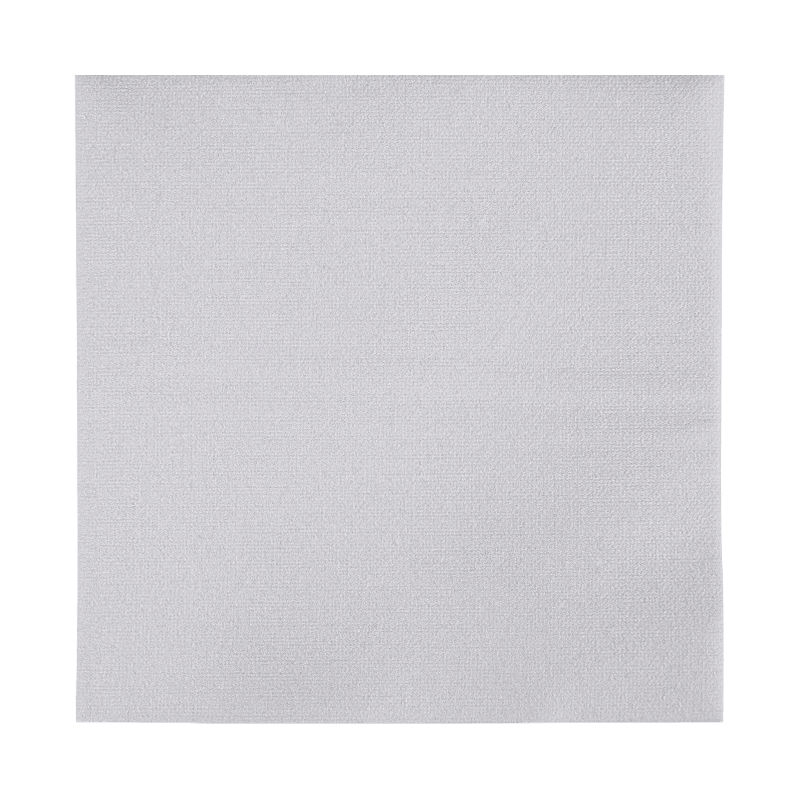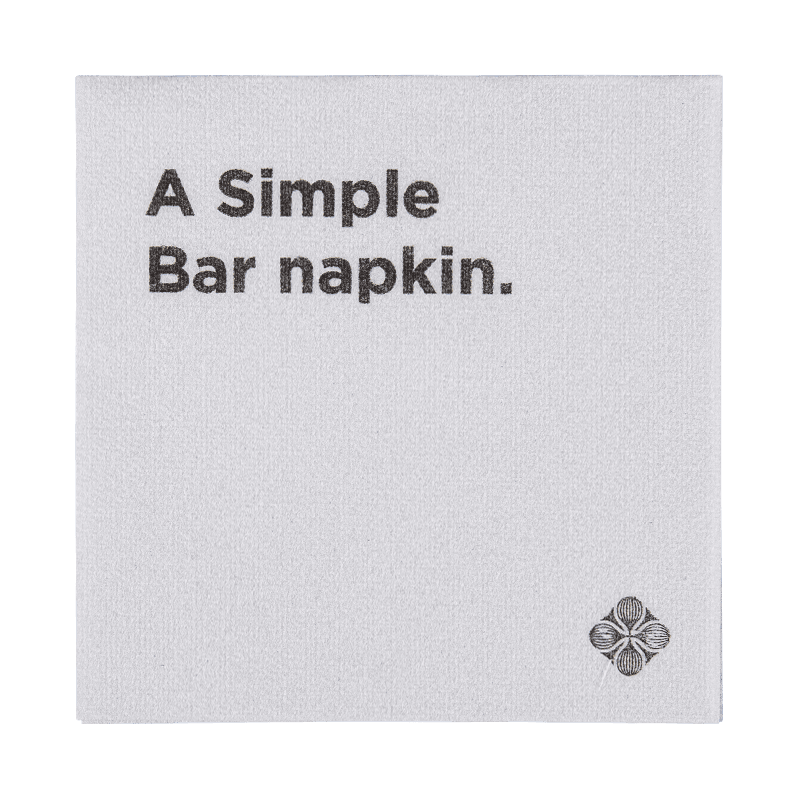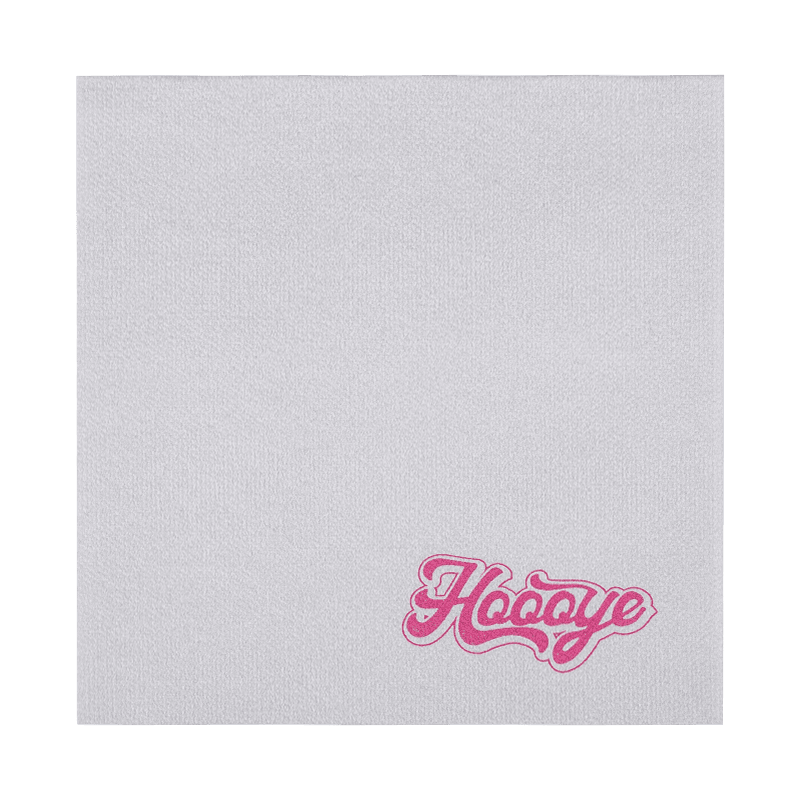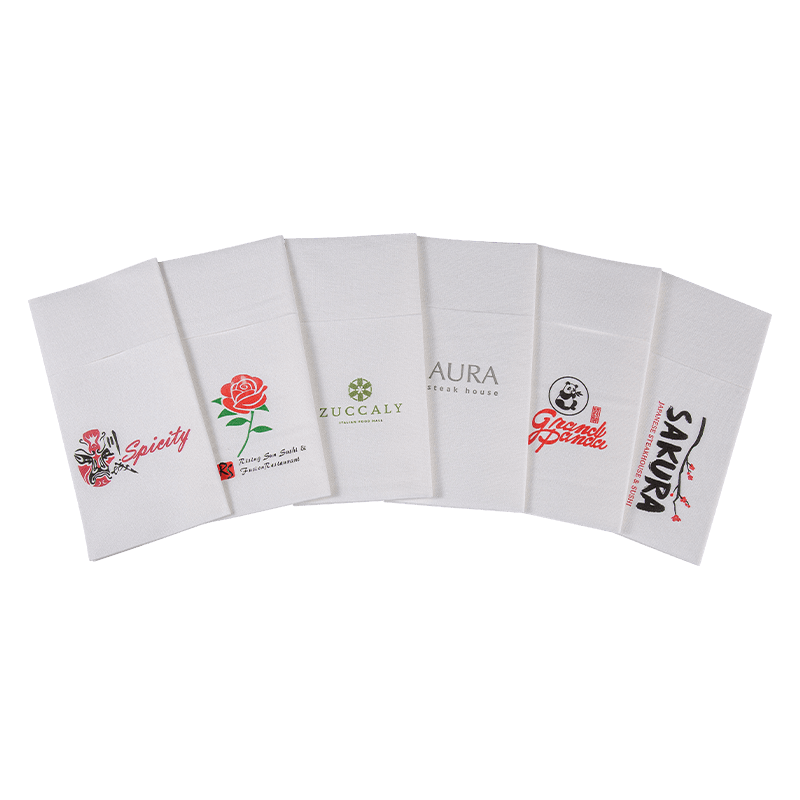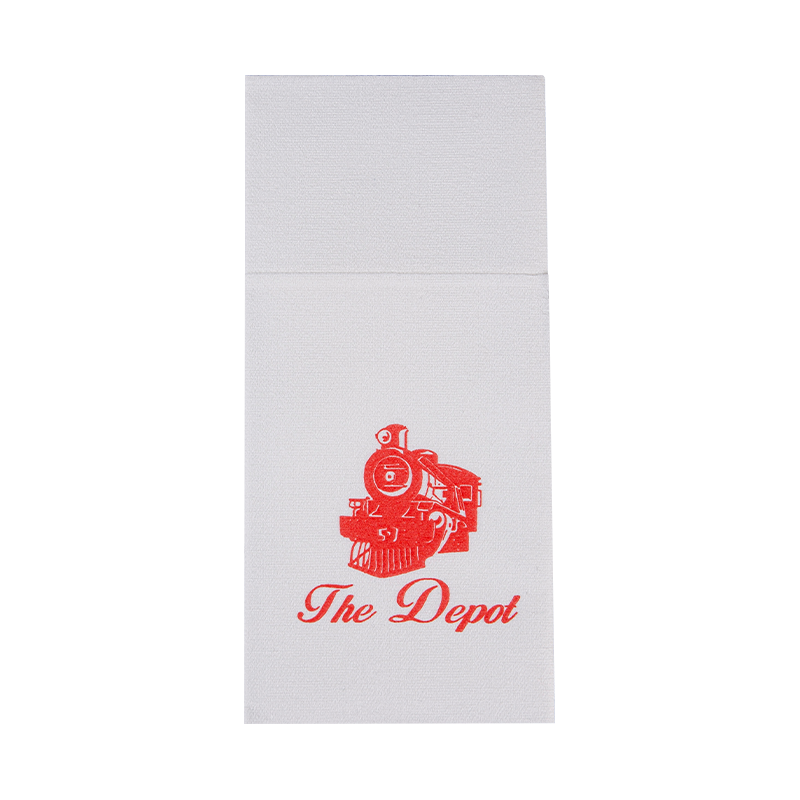Eco-Friendly White Paper Napkins: Green Rebirth of Bamboo Fiber and Bagasse
At a time when the concept of environmental protection is deeply rooted in people's hearts, the paper industry is undergoing an unprecedented green transformation. Eco-Friendly white paper napkins has successfully stood out from traditional paper products by relying on two innovative raw materials, bamboo fiber and bagasse, combined with breakthrough production processes, and has become an industry benchmark for sustainable development. The raw material selection logic and process innovation path behind it reshape the production model of napkins and provide new ideas for the green upgrade of the entire paper industry.
New choice of eco-friendly raw materials
One of the core raw materials of eco-friendly white paper napkins, bamboo fiber, comes from fast-growing bamboo plants. Unlike trees with a long growth cycle, bamboo can be grown in just 3 to 5 years. This rapid regeneration ability makes it a highly sustainable source of raw materials. The continuous use of bamboo fiber as a raw material can significantly reduce dependence on forest resources and reduce ecological damage caused by wood felling from the source. In the processing of bamboo fiber, physical pulping technology plays a key role. This process abandons the cooking and bleaching steps commonly used in traditional chemical pulping, and separates the fibers from the bamboo material through physical means such as mechanical grinding and screening. This process not only completely retains the natural flexibility of bamboo fiber, making the napkin paper have good water absorption and toughness, but also avoids the residue of harmful chemicals, ensuring the safety and environmental protection of the product during use. When consumers use this type of napkin paper, they do not need to worry about the potential threat of chemicals to health, and truly achieve "green contact".
A gorgeous transformation of waste
As the main by-product of the sugar industry, sugarcane bagasse was often directly incinerated in the past due to the lack of effective treatment and utilization methods. This not only causes a huge waste of resources, but also produces a large amount of greenhouse gases and harmful particulate matter, exacerbating air pollution. Through innovative deep purification and fiber reshaping technology, the cellulose in sugarcane bagasse is efficiently extracted and converted into high-quality paper fiber. In this process, the sugarcane bagasse first needs to be pretreated to remove impurities and non-fiber components; physical or biological means are used to further refine and reorganize the cellulose so that it has the fiber characteristics required for the production of napkin paper. The processed bagasse fiber has a fine and flexible texture, which can meet the dual requirements of softness and strength of napkins. More importantly, the recycling of bagasse realizes the resource utilization of agricultural waste and reduces the environmental pollution caused by incineration.
Achieving a model of sustainable paper products
The synergistic application of bamboo fiber and bagasse is not a simple superposition of raw materials, but the result of scientific design and optimization. The two raw materials are complementary in fiber structure and performance. The combination of the toughness of bamboo fiber and the softness of bagasse fiber makes the finished napkin achieve a good balance between water absorption, flexibility and durability, which can fully meet the daily use needs of consumers. The environmentally friendly processing technology of the two raw materials also forms a synergy. Both physical pulping and bagasse processing technology aim to reduce the use of chemical substances, reduce energy consumption and pollution emissions. The concept of green production is implemented in the entire process from raw material processing to finished product production. This all-round green innovation from raw materials to processes makes eco-friendly white paper napkins have excellent performance and extremely low environmental impact, making it a model of sustainable paper products.


 English
English  Español
Español 


